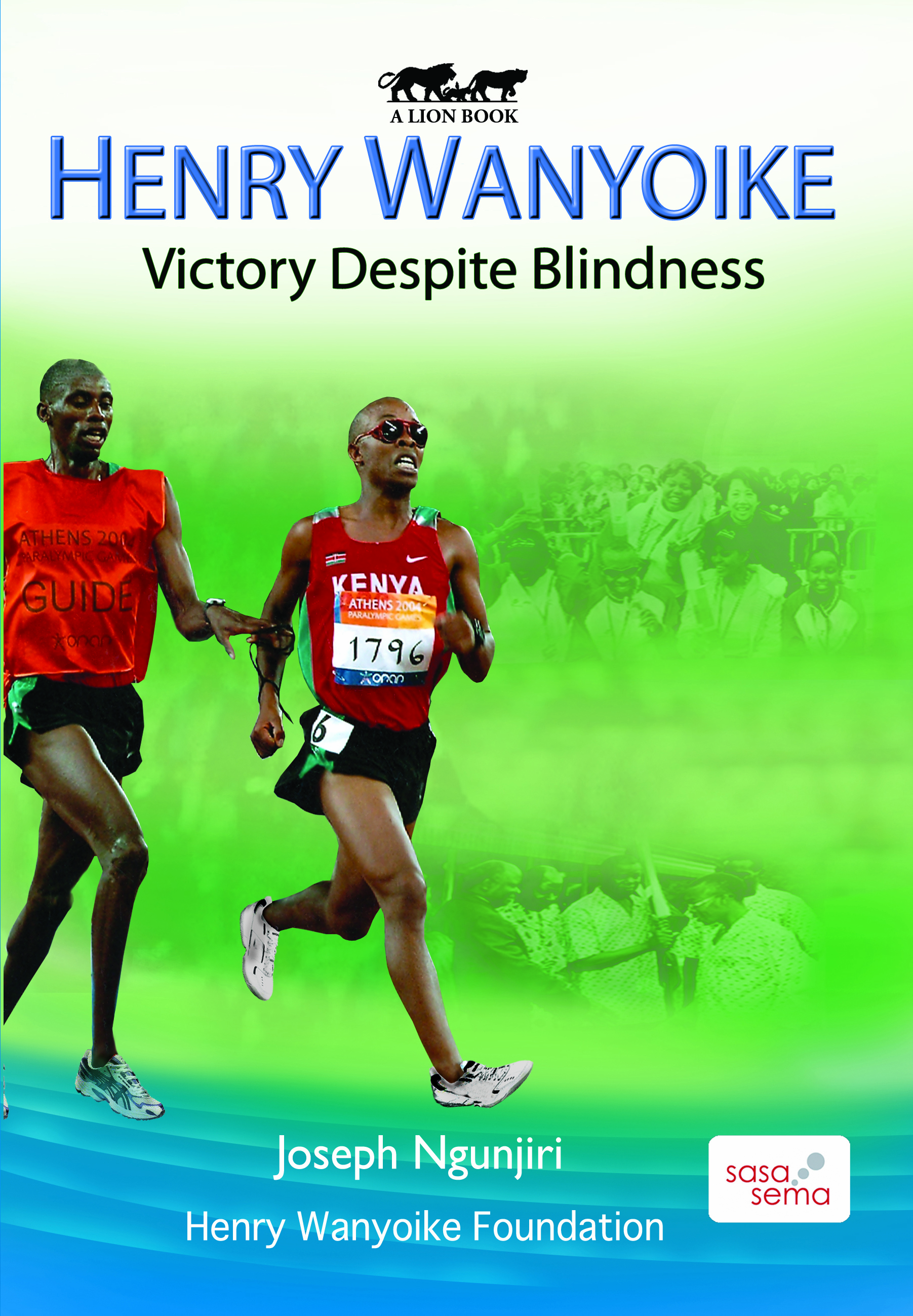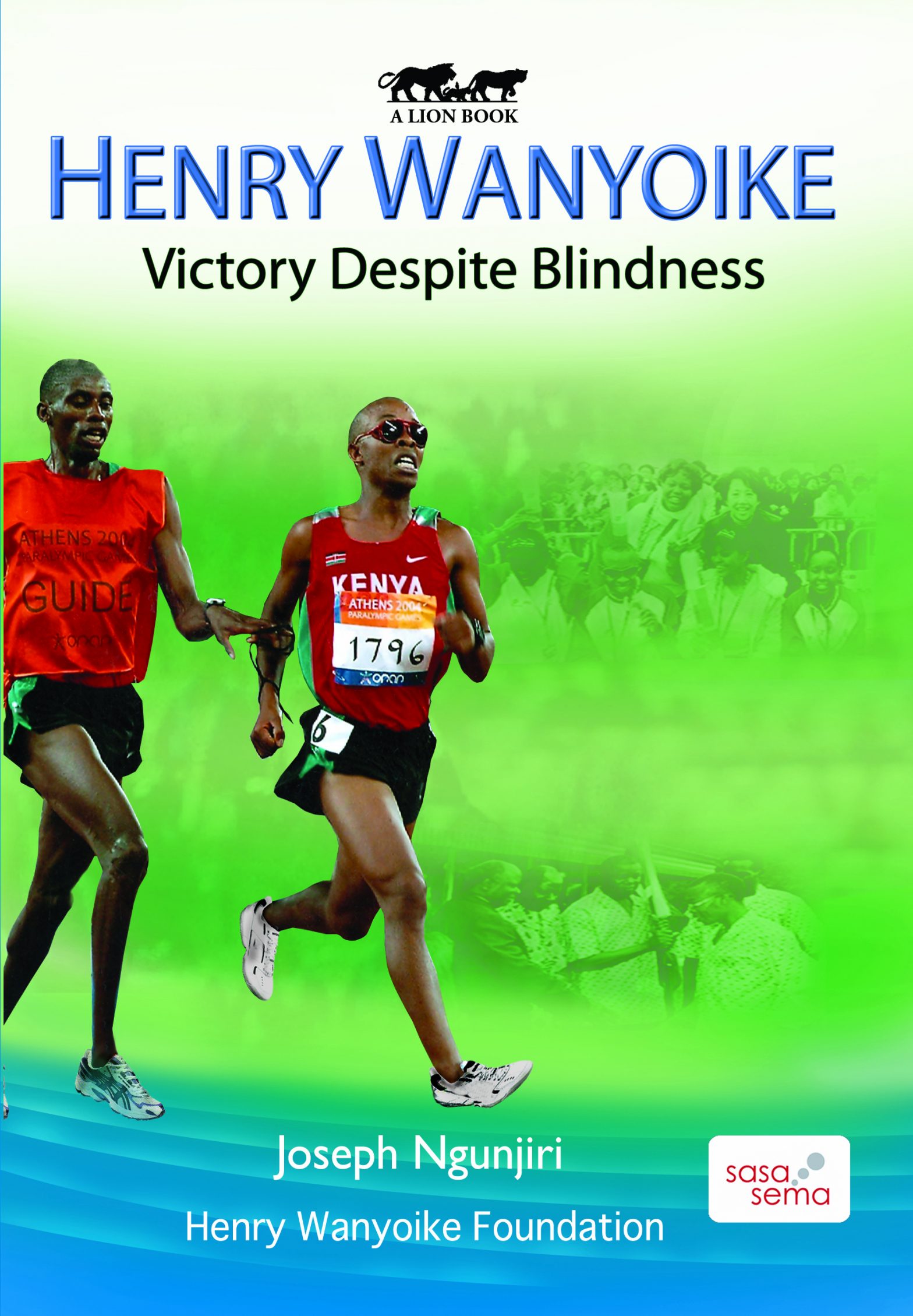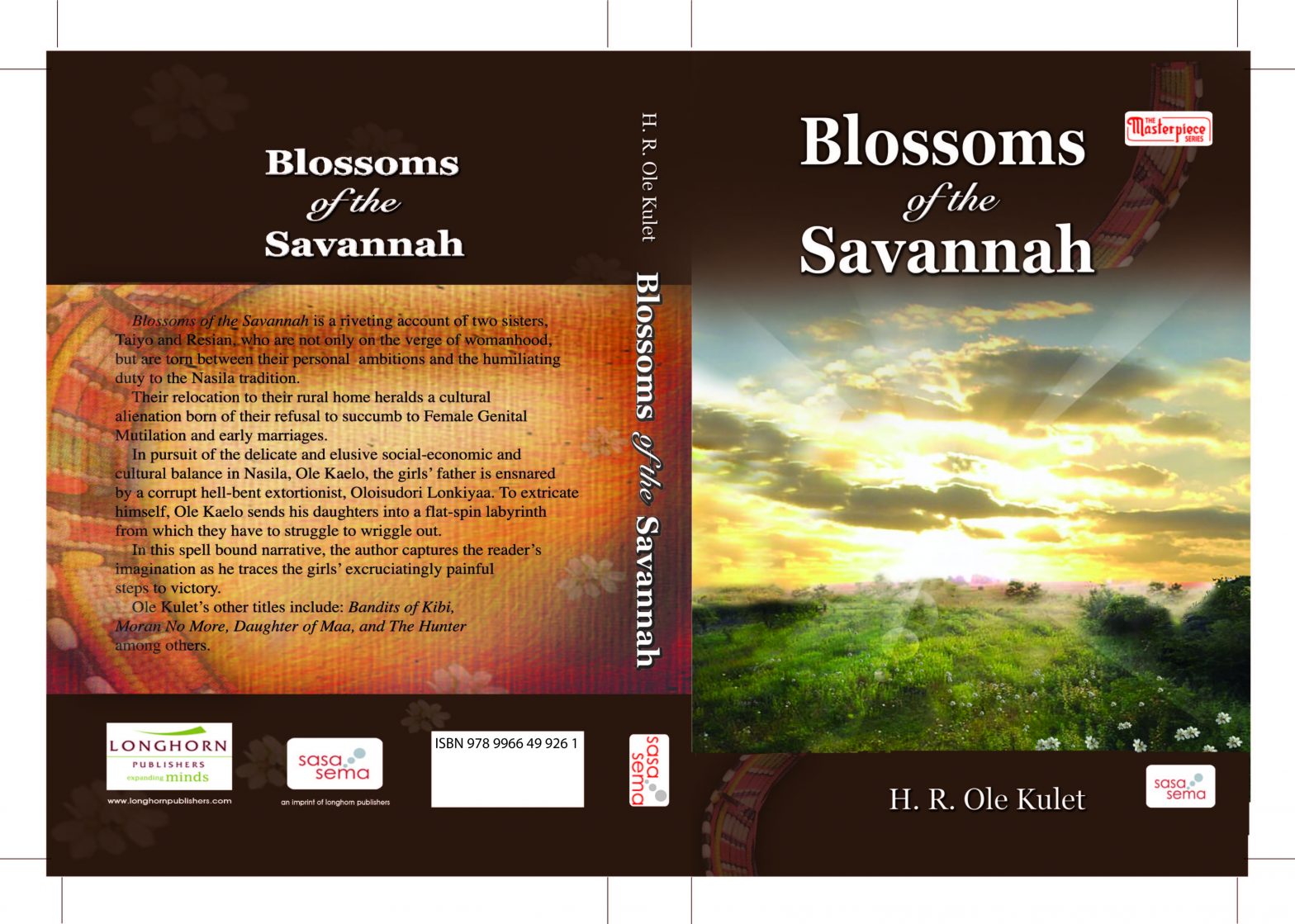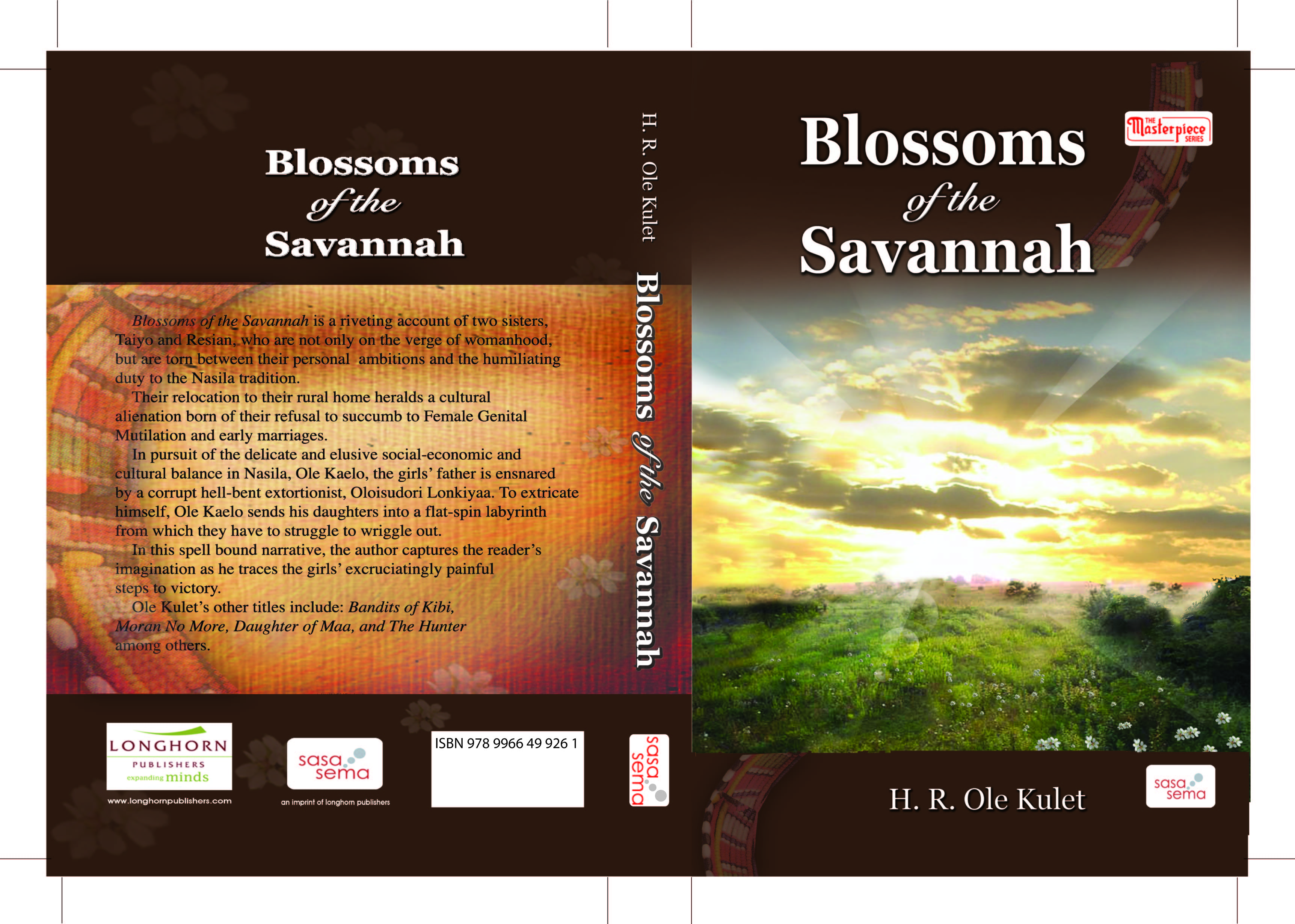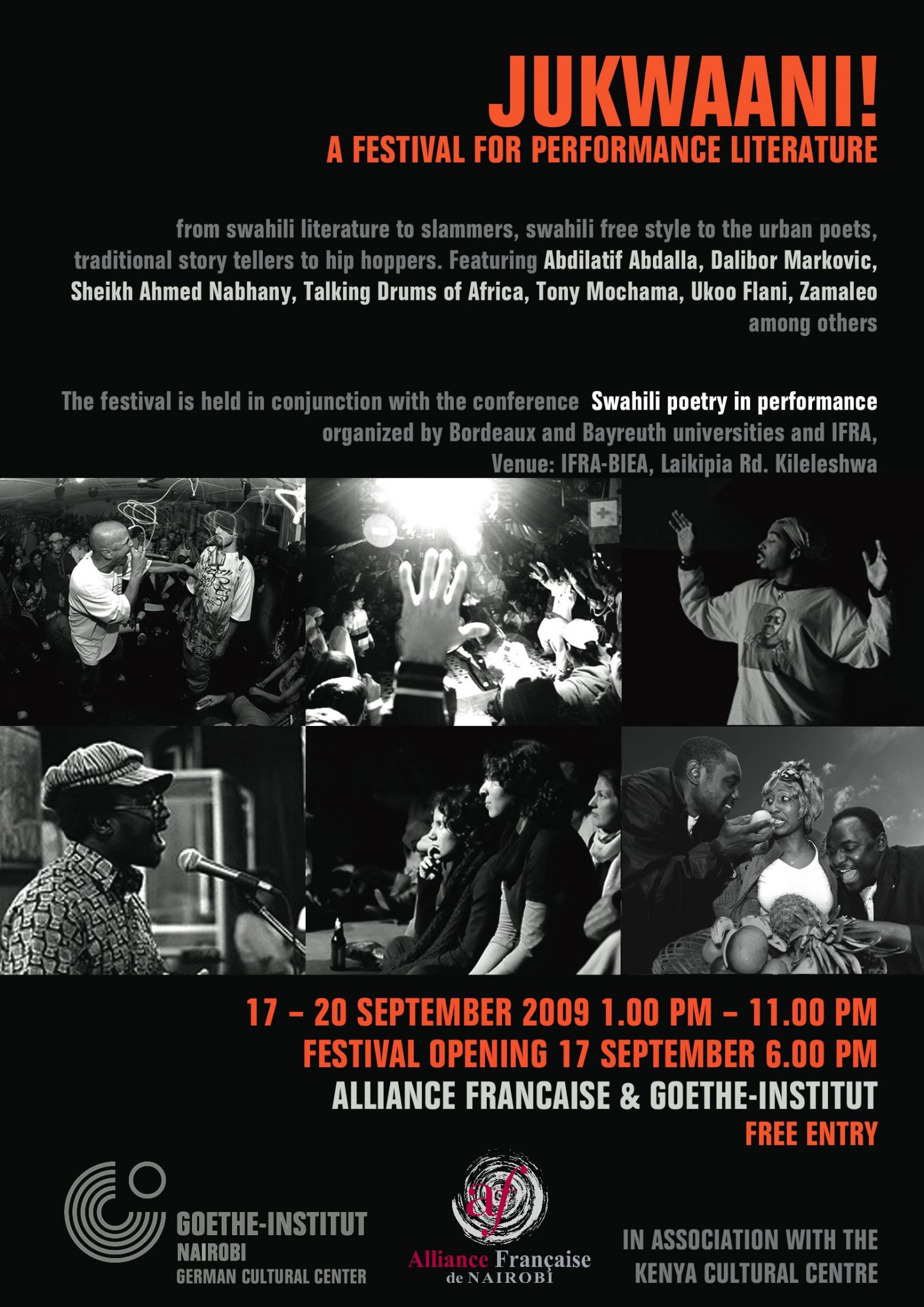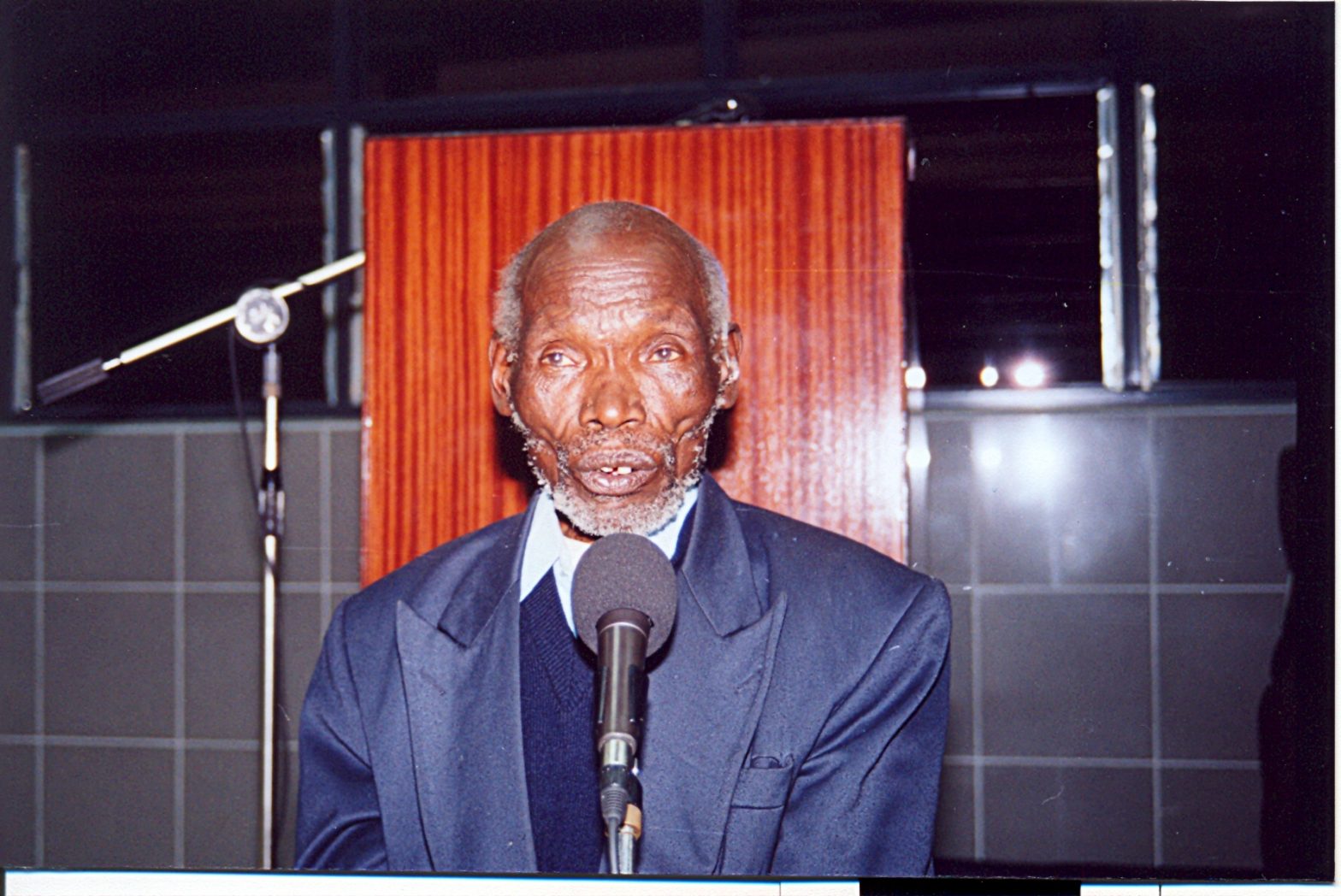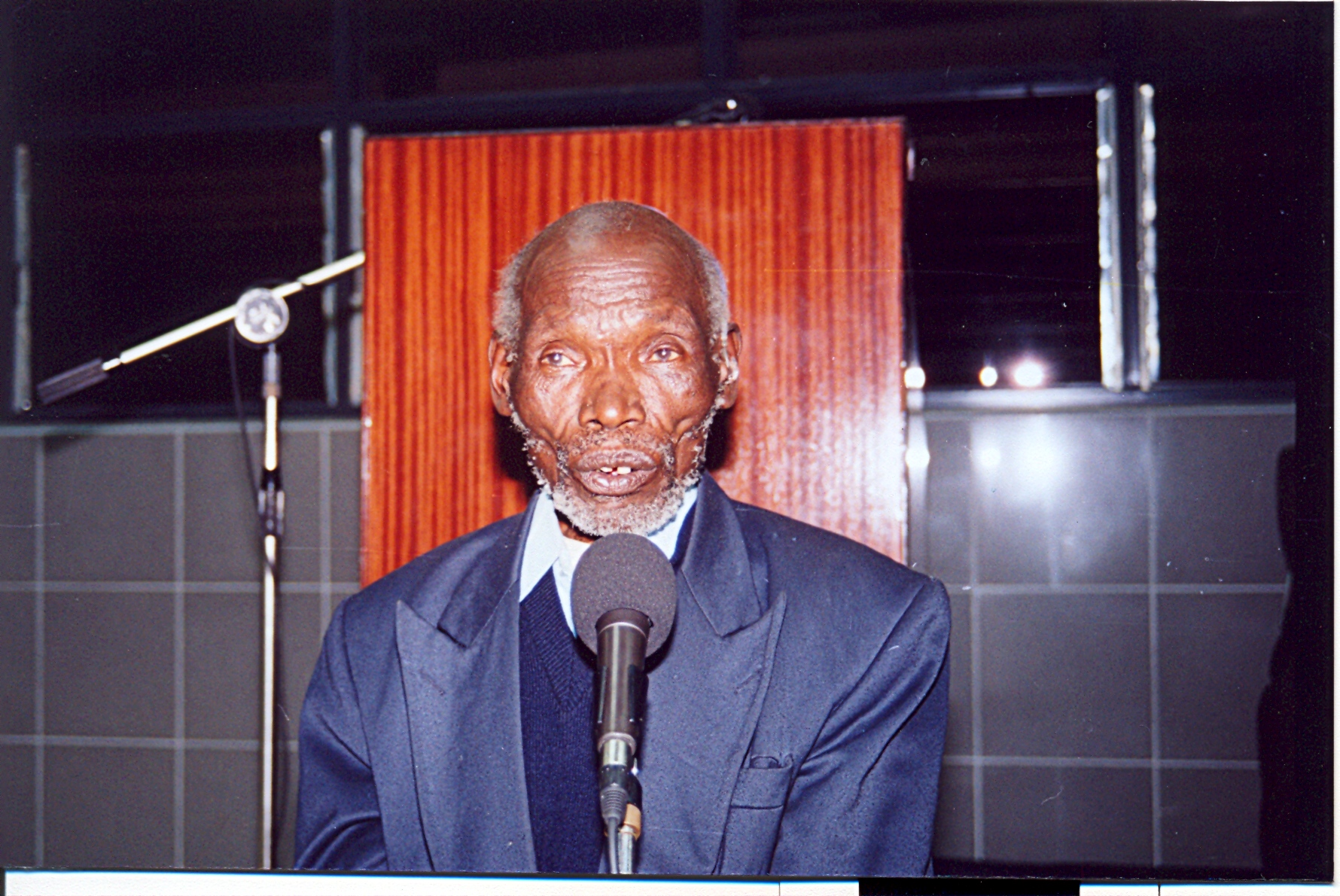Creative writers in Kenya will be in for a major treat at the annual Nairobi International Book Fair (NIBF) set to be held towards the end of September. For the first time, the winner of the Jomo Kenyatta Prize for Literature will take home a substantial amount of prize money.
The Kenya Publishers Association (KPA) who are the organisers of NIBF told maisha yetu that winners in the two adult fiction categories – English and Kiswahili – will each get Sh150,000 in prize money.
This is a major improvement from the miserly Sh40,000, previous winners used to receive, for the bi-annual award, the most prestigious in the country.
Other categories in the award, namely the youth and children’s writing will each get Sh75,000.
The increase in the prize money was made possible when the Prize’s main sponsors, Text Book Centre (TBC) presented the KPA Council with a cheque worth Sh800,000 to go towards the fund.
TBC has had a long history with the award. The award ran into financial trouble soon after its first edition in 1974, where Meja Mwangi’s book Kill Me Quick and Abdulatif Abdalla’s Sauti ya Dhiki, won the English and Kiswahili categories respectively.
After a long hiatus, members of the KPA council approached the management of TBC, in 1990, with a view of helping revive the award, which had been formed to encourage and reward creativity in Kenya.
TBC agreed to sponsor the award and donated Sh200,000 for the Prize Mr. C.D. Shah, a director of Text Book Centre, says that their decision to support the award stems from the fact that they had cordial working relations with publishers. “Being the biggest booksellers at that time, we were also their biggest customers,” he says. Text Book Centre has been in the business of selling books since 1950s, thereby making them the oldest booksellers.
TBC has handed over Sh200,000 on a bi-annual basis ever since.
In 1992, the prize was revived and Wahome Mutahi’s book Three Days on the Cross shared the first prize with David Maillu’s The Broken Drum. In 1995, the first prize went to Margaret Ogola, for her book, The River and the Source, Margaret Ogola’s book went ahead to win the Commonwealth Writers prize the same year.
In 1997, the first prize went to Ngumi Kibera’s book Grapevine Stories, with the Kiswahili prize going to Emmanuel Mbogo’s Vipuli vya Figo.
In a move that was deemed controversial, in 1999, judges decided that the books that had been submitted lacked creativity and therefore did not award any prize.
In 2001, Meja Mwangi again won with his book The Last Plague. Kyalo Wamitila’s Nguvu ya Sala took the Kiswahili prize. In 2003, Stanley Gazemba won the Jomo Kenyatta Prize for Literature with his book The Stone Hills of Maragoli.
In 2005, judges failed to award the first prize in the English category, arguing that the titles submitted were not strong enough. They however awarded the second prize, which went to Muroki Ndung’us A Friend of the Court.
In the Kiswahili adult category, the first prize went to Kyalo Wamitila’s Musaleo.
In 2007, Marjorie Oldudhe’s book A Farm Called Kishinev won the Jomo Kenyatta Prize for Literature under controversial circumstances. There was disagreements among judges as to which book, between Marjorie’s and Margaret Ogola’s Place of Destiny, deserved to win the prize.
The controversy led Pauline’s Publications, Ogola’s publishers, to boycott the NIBF since.
Apart from the River and the Source, which went on to win the Commonwealth Writers Prize, other winners of the award have little to show for it.
Critics have accused KPA of making little or no effort at all in marketing or publicising the award. The situation is such that these writers are barely known outside of the publishing and writing fraternity.
Perhaps the saddest story is that of Stanley Gazemba, whose book, The Stone Hills of Maragoli, published by Acacia, and which won the prize in 2003, has been out of print for a number of years now. The author has been engaged with the publisher in a long-running tussle, to make the book available.
The author says that only 500 copies of the book were published. Gazemba is however elated that the efforts of authors are finally being recognised. “They should have increased the prize money a long time ago,” he says. “What they used to give previously was a joke.”
The same fate is suffered by winners of the Wahome Mutahi Literary Prize, formed to honour the late humourist. Although Oduko bw’ Atebe’s book, which won the inaugural prize in 2006, is readily available in the market, the author laments that it should have sold better, had KPA invested in a more aggressive campaign.
Blame here should also fall on the individual publishers, who should also take advantage of the win, to aggressively push the book in the market. But in a publishing market that overwhelmingly feeds on the government funded textbook market, it might be too much to ask of them to invest substantially in marketing a non-textbook.
Mrs Nancy Karimi, who is the chairperson of KPA promised that with the windfall from TBC, the publishers’ body should make a difference in the whole marketing of their prizes.
“The increase in prize money should now trigger more creativity from our writers, as their efforts are now better rewarded,” added Mrs Karimi, who is also the managing director of Jomo Kenyatta Foundation.
Mr Rajiv Chowdhry, the managing Director of TBC explained that their decision to increase the fund came as a result of the fact inflationary forces experienced in the country over the years have seriously eroded the value of the earlier award of Sh40,000.
TBC has promised to donate an additional Sh1.6 million to cover the 2011 and 2013 editions of the prize.
During the handing over ceremony, done at the refurbished TBC offices on Kijabe Street, both the management of TBC and the KPA Council hinted at the inclusion of more categories, in future, subject of availability of funds.
